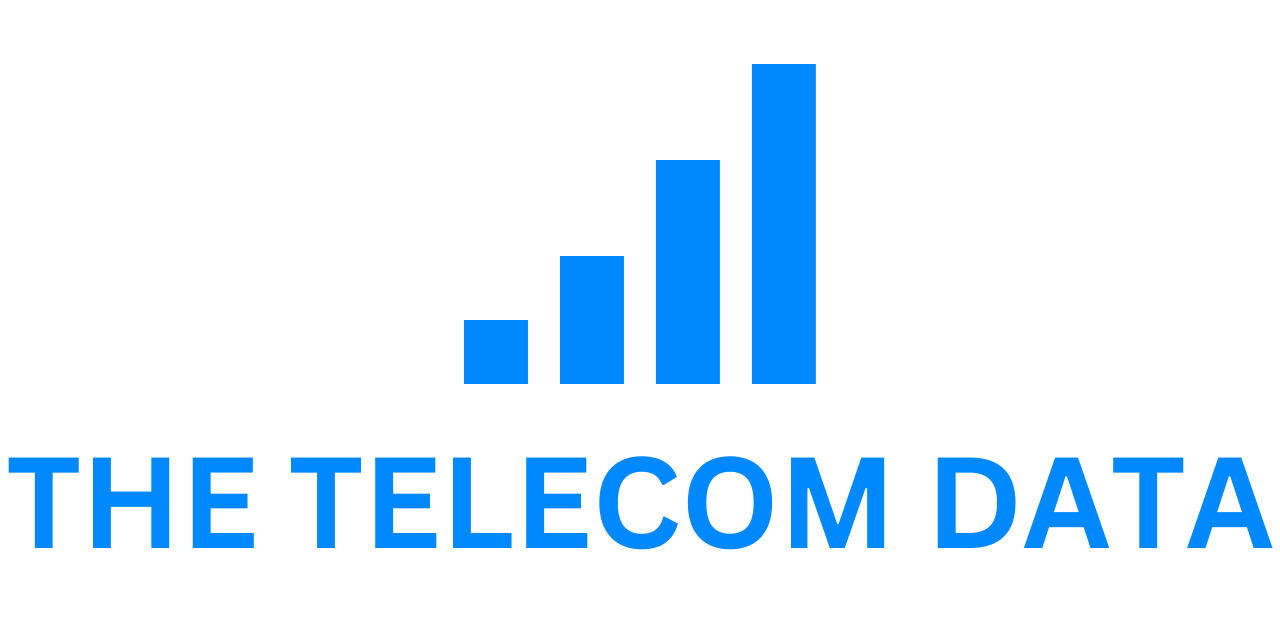The Moselle Valley in the Cochem-Zell district, renowned for its nearly 2,000-year-old winemaking tradition and steep slopes, has traditionally relied on manual labor for vineyard cultivation. However, a shortage of skilled workers and the risks associated with working on these steep inclines are posing increasing challenges for local vintners. To address these issues, the “Smarter Weinberg” project, funded by the Federal Ministry for Digital and Transport, aims to preserve this unique cultural landscape through 5G-driven digitization and automation, while also supporting regional wineries.
Deutsche Telekom has equipped the “Smart Vineyard” with a 5G campus network, which, alongside an edge cloud, forms the backbone for various digital applications, including robotics, AI, and image recognition.
The 5G Viticulture Robot:
A key component of the project is a 5G-enabled robot that autonomously navigates vineyard rows to perform labor-intensive tasks such as soil cultivation and defoliation. Equipped with cameras, the robot captures data on the vines and their surroundings. This data allows for real-time control of cultivation equipment and provides insights into foliage volume, pest infestation, and ripening conditions. A central data platform facilitates the intelligent reuse of this information, enabling precise decision-making for water, fertilizer, and crop protection optimization.
Maria Wimmer, Professor of E-Government at the University of Koblenz, emphasizes that the field of automation in steep-slope viticulture is under-researched. The robotics platform developed through this project brings necessary automation to the vineyards, with a robust network and powerful computing being crucial for its success.
Kilian Franzen, a winemaker at the Franzen winery in Bremm, notes that the robot significantly eases time-consuming tasks, allowing skilled workers to focus on tasks that cannot be automated.
Real-Time Data Processing with 5G:
The 5G network operates on industrial frequencies in the 3.7 to 3.8 gigahertz range, licensed specifically for the vineyard. This private network, independent of Deutsche Telekom’s public network, provides exclusive access to over 100 megahertz of upload bandwidth for sensor data. Future plans include evolving the network into a nomadic system that can move between vineyards, addressing both topographical challenges and emissions by using an electric car for power supply.
Mathias Poeten, Head of the Mobile Network at Deutsche Telekom, highlights that 5G is transforming viticulture, with the 5G campus network tailored to meet the specific needs of vineyard robots. The innovative container-format solution ensures optimal connectivity for winegrowers.
The network also plays a role in researching 5G signal interference and propagation in complex agricultural environments, analyzing how factors such as wire installations and foliage affect signal quality.
The Smart Vineyard Project:
The “Smart Vineyard” initiative focuses on digitizing viticulture on steep slopes in the Cochem-Zell region. Coordinated by the University of Koblenz, the project includes partners such as the Service Center for Rural Areas (Mosel), Agricultural Machinery Technology Clemens Technologies, Vision and Robotics, AeroDCS, and local wineries Franzen and Weis. The project aims to help winegrowers adapt to climate change and labor shortages while maintaining the high quality of their wines, with funding provided by the Federal Ministry for Digital and Transport







